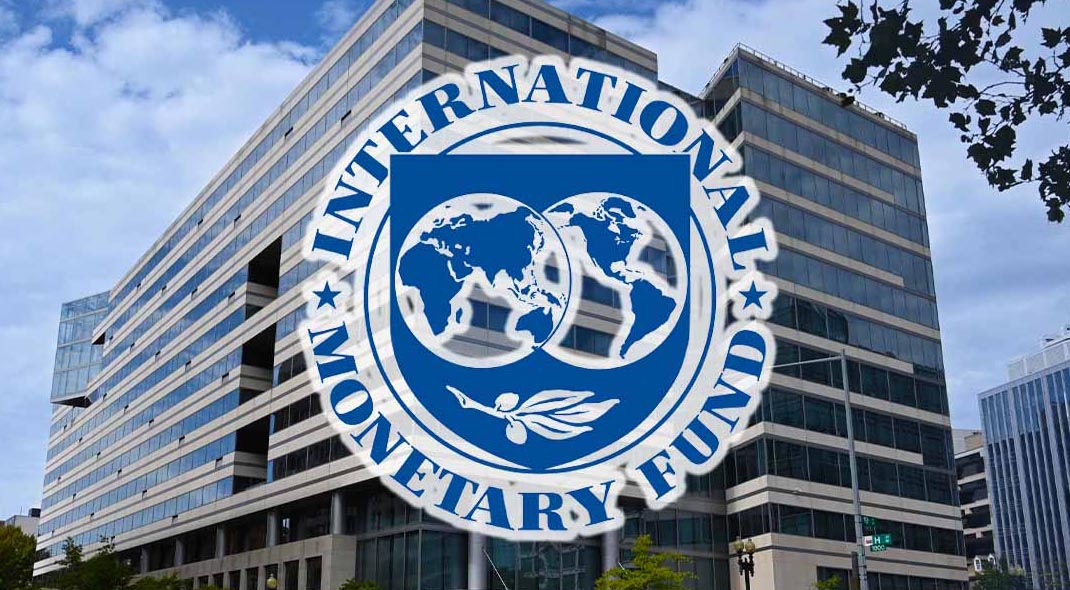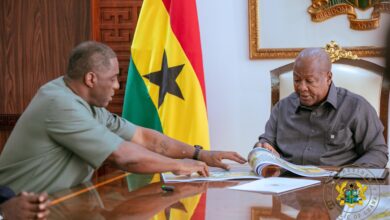
Ghana’s borrowing capacity for 2025 has been capped at $250 million, including all commercial loans, under a strict memorandum of understanding (MOU) with its Official Creditor Committee (OCC). This cap, a key structural benchmark of Ghana’s programme with the International Monetary Fund (IMF), allows the Fund to monitor compliance annually as the country navigates a challenging debt restructuring process
The MOU, signed by Ghana and participating in creditor nations, sets the stage for bilateral agreements to enforce the borrowing limit. This measure aligns with broader efforts to stabilize Ghana’s economy following its 2022 suspension of external debt servicing and the ongoing restructuring of $13.1 billion in Eurobond liabilities. Under the restructuring, Ghana plans to exchange existing bonds for new ones with extended maturities and potentially lower interest rates.
Prioritizing Projects Amid Limited Funding
With the borrowing ceiling in effect, the Ministry of Finance is working to identify and prioritize essential projects. Government agencies have been instructed to exclude externally funded capital expenditure (CAPEX) from their 2025 budgets until the Ministry finalizes its list of priority initiatives. This adjustment underscores the government’s struggle to balance fiscal constraints with development needs, particularly in infrastructure.
The cap presents significant hurdles for the newly elected National Democratic Congress (NDC) administration, which rose to power in 2024 on promises of ambitious infrastructure development. The Mahama-led government now faces the dual challenge of managing restructured debt obligations while delivering on its flagship projects. With the domestic bond market still recovering from the earlier domestic debt exchange programme, the government’s reliance on treasury bills for financing remains high. However, elevated interest rates continue to strain public finances, complicating efforts to fund critical sectors.
Mahama’s Vision and IMF Programme Uncertainty
President John Mahama, speaking at the Munich Security Conference in February 2025, emphasized his administration’s focus on economic independence. He reiterated that the government does not intend to extend the current IMF programme beyond its scheduled conclusion in May 2026. While an extension could provide further fiscal oversight and support, Mahama expressed concerns that it would constrain public spending, making it harder to deliver on critical development goals.
Commercial Creditors and Comparability of Treatment
Ghana is also negotiating with commercial creditors, including Eurobond holders, to finalize restructuring agreements that adhere to the comparability of treatment principles. This principle ensures all creditors—bilateral and commercial—share the burden of providing debt relief. Successful negotiations will be crucial to stabilizing the economy and creating room for sustainable growth.
The borrowing cap underscores the delicate balance Ghana must strike between fiscal prudence and economic development. As the government navigates these constraints, its ability to manage debt, secure investments, and prioritize critical projects will define its success in stabilizing the economy and fulfilling its promises to the Ghanaian people.
Story by: Mercy Addai Turkson #ahotoronline.com



